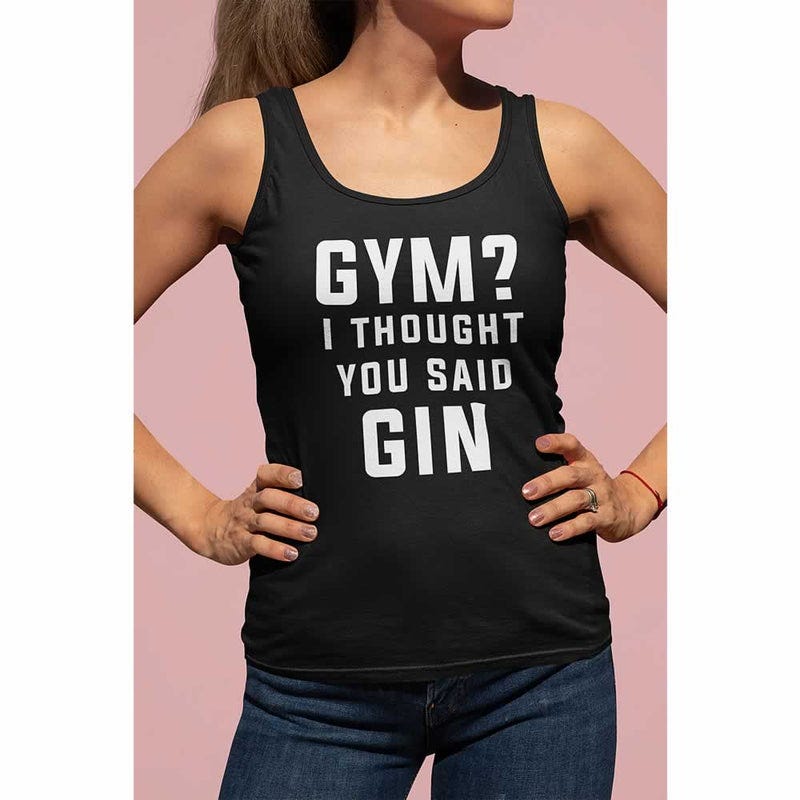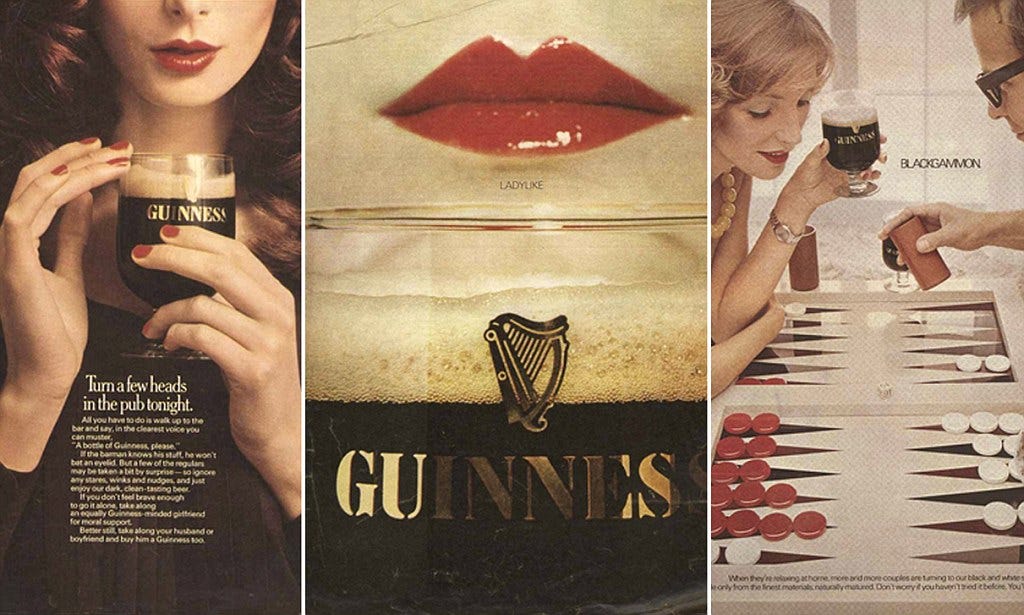A couple of years ago my former housemates and I went to a student bar in Bristol for a couple of drinks. Picture the scene: I’m queuing at the bar ready to order a pint when I feel a tap on my shoulder.
‘Can I buy you a drink?’
Ah, the exhausted trick of the trade. An attempt to receive my attention at a claustrophobic bar that reeked of tequila shots bound to cause pounding heads the next morning.
'Sure, I'll have an Amstel please.'
Immediately I knew I had made a mistake. Alarms sounded as the boy’s eyes widened in disbelief before blurting out:
'YOU want a beer? What are you gay or something?'
I’m not proud of what I said next. Let’s say it was a phrase consisting of some rather explicit words. A shove to the front of the queue and I finally ordered my own pint in peace, meanwhile the boy stood sniggering almost triumphantly.
Fast forward two years and here I am standing in Oliver Bonas, looking for a card for my best friend’s birthday .
My hands franctically search the shelf as I toss aside cards brandishing cringey puns embedded inside Prosecco bottles. One read something along the lines of ‘Gym? I thought you said Gin’. I sigh deeply, once more searching for what I came in for.
Bingo! Right at the back of the shelf was a card with what looked like a beer bottle on it. As my eyes scanned the exterior something inside me became very quickly irritated. The card that I had so laboriously searched for, said in large, bold letters ‘KING OF BEER’.
My friend and I were only allowed to take beers to social occasions. Our parents always donated us a couple each to take to parties, as to quench our growing taste for rebellion and to fit in with the other teenagers with ‘sleepover bags’ that rattled loudly when being picked up.
We didn't think know that alcohol could be stereotyped back then. We didn’t know that girls couldn’t drink a can of Moretti without being called a ‘pick me’ or a ‘try hard’ or ‘gay’. Beer was what we were allowed and it was what we enjoyed. To us alcohol didn’t have a gender. It was just alcohol.
The Nitty-Gritty Facts
In Western culture there is undoubtedly a preconception of implied masculinity with drinks like beer. History says its because working-class men would drink beer, a cheaper and more local form of alcohol, during their leisurely time in public houses. Women, whose place was supposedly in the home, were not present in such spaces and therefore drank less beer, if at all.
The 20th Century brought with it feminism and the rise of the ‘New Woman’. Beer advertisements attempted to, rather painfully, attract female drinkers by adopting ‘blokish’ culture to revalue the ‘New Woman’s’ image. In other cases, bikini-clad women were still used to sell beer to the male consumer by adhering to the male-gaze, simultaneously promoting toxic ideas of masculinity. To men, women served beer. We weren’t to drink it! You’d be more likely to get struck by lightning than find an advert promoting a man cave filled with Gordon’s Pink Gin.
Throughout modern history, women have been told both directly and indirectly that drinking beer is not ‘lady like’. Beer is what their Fathers and Grandfathers drink. Not their Mothers and Grandmothers.
In University culture, where I first found myself being stereotyped for my drink of choice, pints are tightly bound to the notion of ‘lad’ culture. Drink one and you will be branded a ‘Pick Me’. According to these boys, you probably don’t really like beer, you just want to impress them. Also, you don’t really like Football and you definitely don’t know what the off-side rule is.
Nowadays, the gendering of alcoholic drinks like beer can have profound disadvantages for women, especially LGBTQ members. I recently read an article written by a trans woman, who claimed she was scared to order a pint of beer in her local bar:
‘There’s still a level of fear in the back of my mind when I go to the bar and order a pint of whatever seems interesting that the bartender is thinking “what a pretentious hipster boy,” instead of “what a pretentious hipster girl,” as shallow as that may be.’
Tackling Misogyny in the Pub
It has been reported that the number of female beer drinkers in the UK has doubled to 1.3 million in recent years. In fact, women make up 31% of weekly beer drinkers.
Beer companies are now committed to ‘moving away’ from advertisements that exclude women, most notably SAB Miller who own Peroni, Fosters and Grolsch.
So, next time you’re in the pub, order a pint and take a long, mysterious pause to think about how something as simple as alcohol is heavily stereotyped. Oh, and please be kind to the female pint drinker. She actually does enjoy the taste of beer ….. in fact, I think you should go and buy her one.







Wow what horrible men! I don’t drink beer but I find that the ‘women should only order half pints’ stereotype is still prevalent. I still feel a bit self-conscious when I order a pint of cider at the bar.